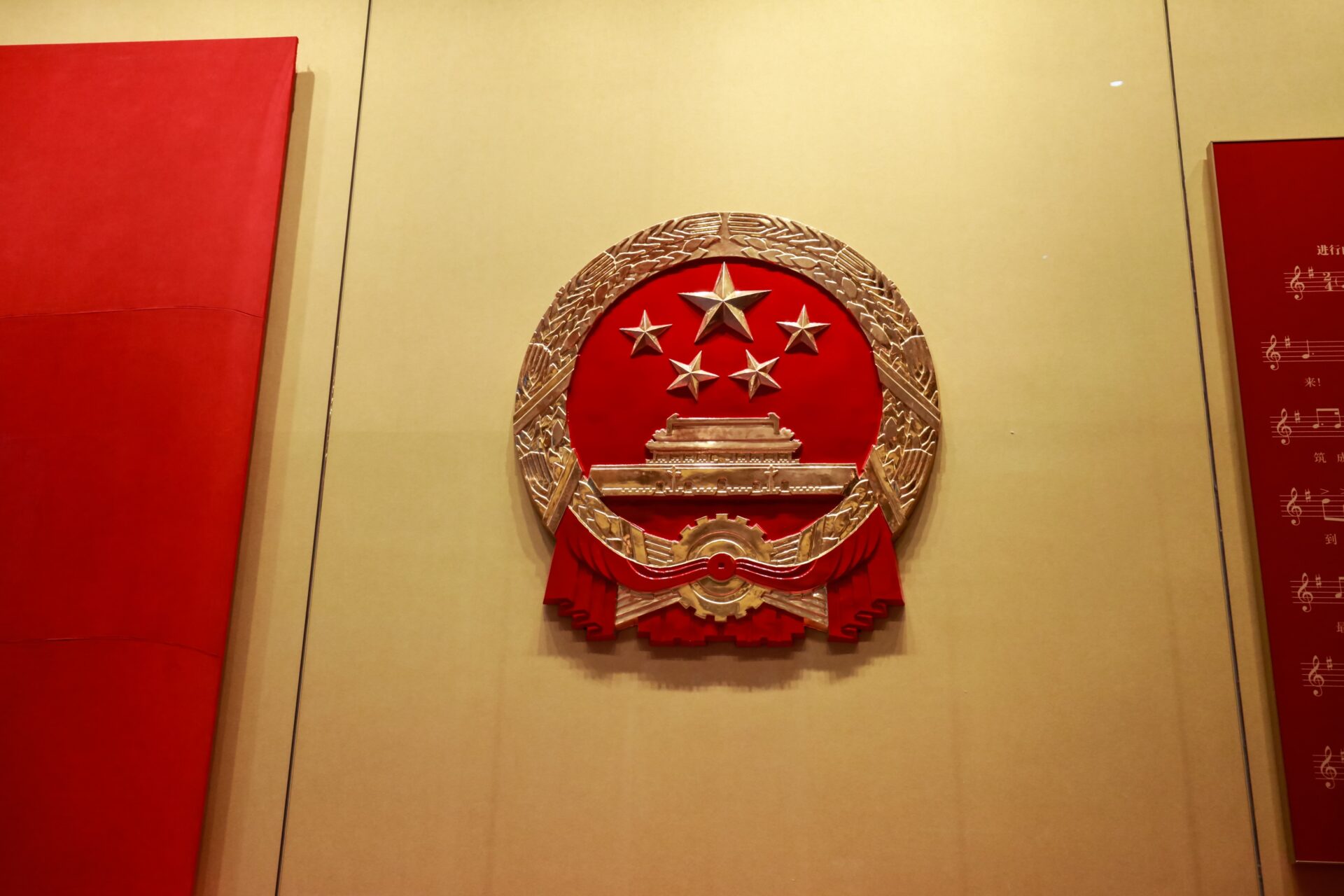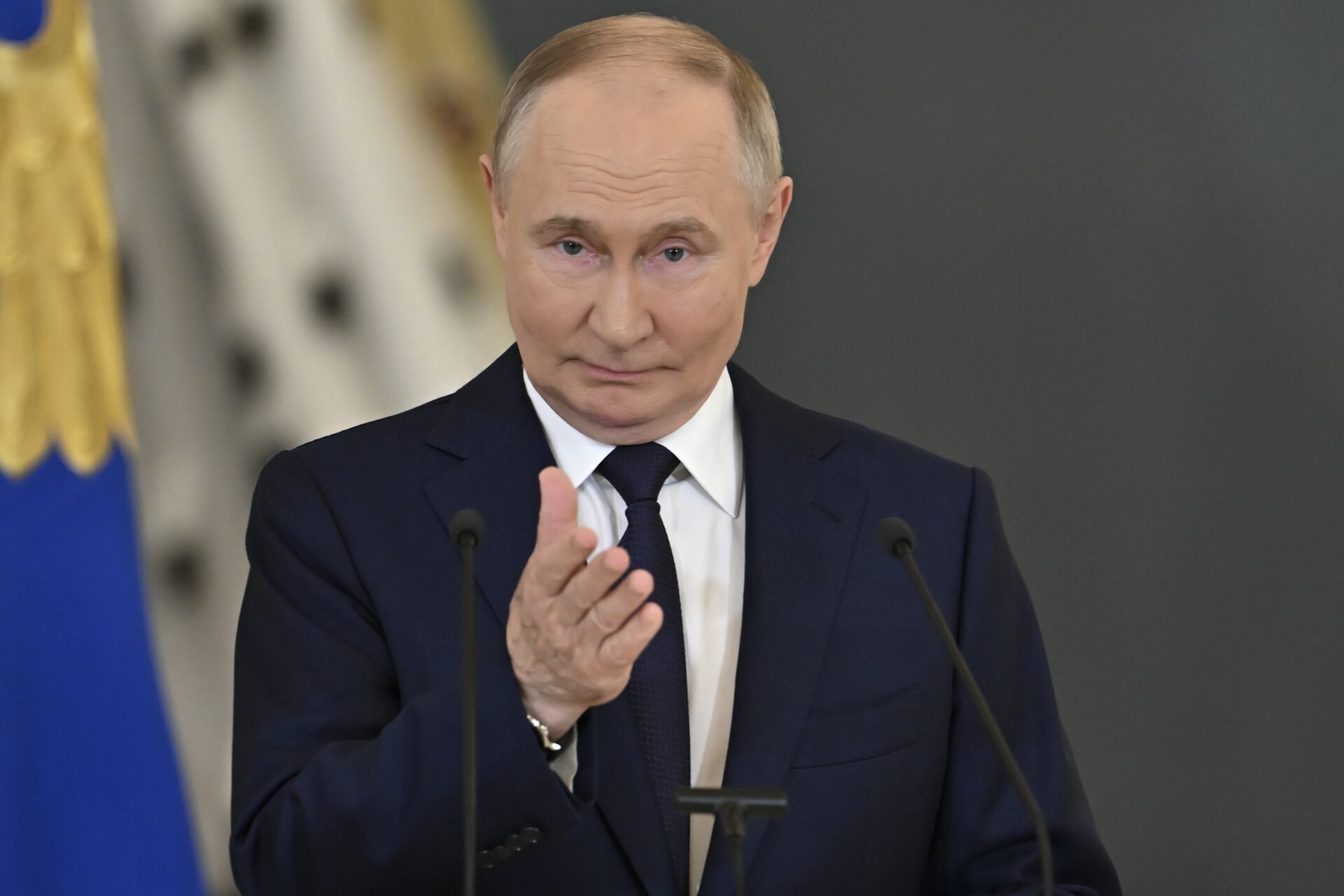
America Scrambles After China’s Export Bombshell
China’s rare earth export crackdown triggered a supply crisis for American industries, but a game-changing U.S. magnet breakthrough could finally break Beijing’s economic stranglehold—if it scales fast enough.
Story Snapshot
- China’s April 2025 rare earth export restrictions weaponized its market dominance against the U.S. and allies.
- Supply chain disruptions hit U.S. defense and energy sectors, exposing critical vulnerabilities.
- A breakthrough in American iron nitride magnet technology promises new strategic independence from China’s rare earths.
- Full U.S. self-reliance hinges on rapidly scaling alternative magnet production and further investment.
China’s Rare Earth Restrictions: A Deliberate Economic Weapon
In April 2025, China’s Ministry of Commerce imposed sweeping export controls on seven key rare earth elements and related magnets, directly targeting technologies vital to America’s defense and clean energy sectors. With over 80% control of global rare earth supply and refining, China wields enormous leverage, and this calculated move slashed rare earth magnet exports to the U.S. by more than 93% year-over-year in May. The restrictions were a clear escalation in the ongoing U.S.-China trade conflict, with Beijing openly leveraging its near-monopoly as a tool of economic pressure.
These export controls followed a two-year tightening campaign targeting other critical minerals like gallium, germanium, graphite, and antimony—materials with dual civilian and military applications. Prior incidents, such as the 2010 embargo on Japan, had already proven China’s willingness to use rare earths for geopolitical advantage. The latest restrictions came as a direct response to U.S. tariffs and efforts to counter China’s influence, with Chinese officials citing national security and non-proliferation concerns. Their approach left U.S. manufacturers, especially in defense and electronics, scrambling for alternatives in a world increasingly dependent on advanced technology.
American Response: Innovation and Urgent Supply Chain Diversification
Faced with severe disruptions, the U.S. government and private sector accelerated efforts to secure critical materials and reduce reliance on China. In mid-2025, American scientists and engineers announced a significant breakthrough: commercially viable iron nitride magnets that do not require rare earth elements. This innovation could fundamentally alter the balance of power, giving the U.S. a strategic pathway to bypass China’s chokehold. Meanwhile, U.S.-China negotiations led to a temporary suspension of some export restrictions, but controls on military-use materials persist.
The Biden administration had previously sought to diversify supply chains, but Trump’s leadership has focused on rapid reindustrialization and American self-reliance—backed by new executive orders prioritizing domestic manufacturing and critical technology development. The iron nitride magnet breakthrough aligns with these goals and is seen by defense advocates as a vital step to protect national security and restore the manufacturing backbone hollowed out by decades of globalist policies.
Strategic and Economic Implications for U.S. Industry
Short-term fallout from China’s export restrictions included price spikes, supply shortages, and urgent retooling in sectors ranging from military hardware to renewable energy. Only 60% of U.S. companies’ export applications were approved by July, and licensing delays continued to disrupt operations. In the longer term, successful adoption of iron nitride magnets could erode China’s dominance, but industry analysts warn that transitioning complex supply chains is no small feat. The magnet, battery, and electronics industries must adapt sourcing strategies quickly, and investment in recycling and non-Chinese sources is accelerating across the board.
It is stressed that while the U.S. innovation holds promise, there is no instant fix—American independence from Chinese rare earths will require sustained investment, policy support, and a relentless focus on making these new technologies commercially viable at scale. The risk of future Chinese export controls remains high, keeping supply chains on edge and reinforcing the need for robust contingency planning.
Perspectives and the Road Ahead
Industry analysts agree that China’s weaponization of rare earth exports is a wake-up call for policymakers and manufacturers alike. Some argue that Beijing’s licensing system could incentivize cooperation, but most warn that supply chains will remain at risk until the U.S. fully develops alternatives. Scholars and think tanks urge a dual approach: invest in next-generation magnet technologies like iron nitride while also forming new global alliances to secure critical minerals. The Trump administration’s focus on American innovation and reduced dependency is widely supported among defense and manufacturing leaders, though uncertainties remain about how quickly new solutions can be brought online.
While the U.S. iron nitride magnet breakthrough is a critical milestone, true strategic independence will only come when American industry can produce these vital components at scale—free from foreign coercion. Until then, vigilance and investment remain the watchwords for defending U.S. economic and national security interests.
Watch the report: China Is Literally Building TERMINATORS and Killer Robots In Real Time
Sources:
China Rare Earth Export Restrictions: The Global Trade Impact
China’s Critical Mineral Export Controls
Consequences of China’s New Rare Earths Export Restrictions
China’s Rare Earths Export Controls: Implications and Responses
China’s Rare Earth Elements Dominance in Global Supply Chains
How China’s Rare Earth Metals Export Ban Will Impact Supply Chains
U.S. Faces Ripple Effects from China’s Germanium and Gallium Export Restrictions
China Is Locking Up Rare Earth Elements and the US Is Running Out of Time to Stop It
ECB Economic Bulletin: China’s Rare Earth Elements Export Policy


